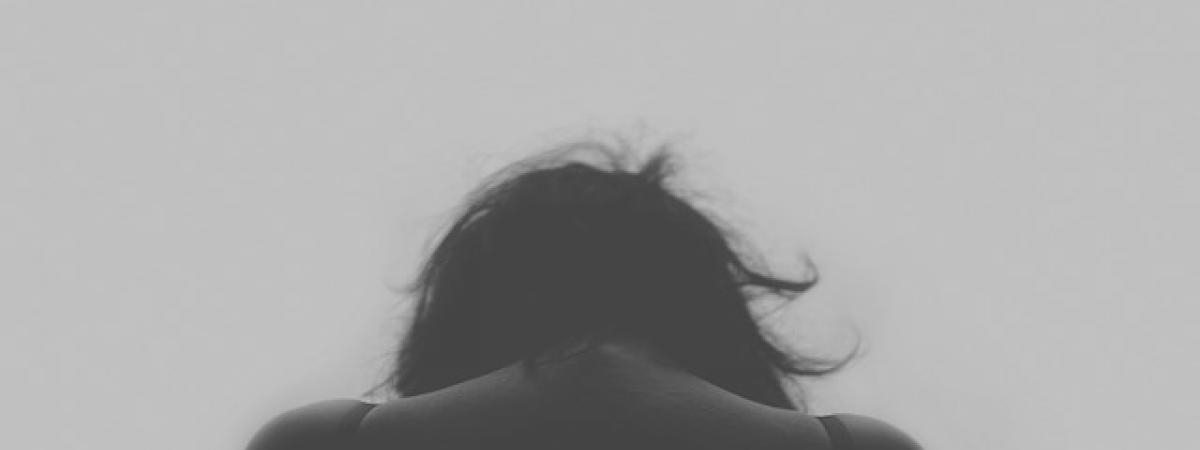5 ways to reduce anxiety
published in Reader's Digest,
23 March 2017

Statistically, life has never been safer, yet anxiety levels are at epidemic proportions. Low levels of anxiety can improve attention and performance; extreme anxiety can be deadly.
What is anxiety?
The Romans called it ‘angor’ from the verb ‘ango’, meaning to press together or strangle, capturing the tight-chested sensation that often accompanies anxiety. Derived from this, the French call it angoisse, the Germans angst and we call it anxiety. It can be divided into 12 categories, including generalised anxiety disorder, obsessive-compulsive disorder, panic disorder (with or without agoraphobia), social anxiety disorder, phobia and posttraumatic stress disorder.
The French call it angoisse, the Germans angst and we call it anxiety.
Psychologist Dr Robert DiTomasso defines anxiety as “an unpleasant experience marked by a significant degree of apprehensiveness about the potential appearance of future aversive or harmful events”.
Anxiety can be a lot more than unpleasant, though: it can lead to physical and emotional paralysis. Palpitations, breathlessness, insomnia and stomach ulcers can result; one Greek study showed that anxiety significantly increased the risk of heart attack. Suicide is currently the biggest killer of men under 40 in this country, and anxiety has been shown to be a major risk factor.
So what can be done to reduce anxiety?
Use your muscles
“Let’s get physical,” says Dr Gordon Asmundson, from the Anxiety Laboratory in the University of Regina: walking, running, tai chi and yoga all count.
“The endorphin is nigh” boasts one trendy London gym, and it’s true that the release of endorphins during exercise reduces anxiety; improvements in sleep, distraction from negative thoughts and normalisation of stress hormone levels with exercise also ward off anxious thoughts.
Train your mind
Cognitive behavioural therapists propose that anxiety is a result of disordered thinking (catastrophizing). CBT helps to alter and restructure dysfunctional thoughts.
When the mind is wrestling with its thoughts, mindfulness can restore a quiet mind as attention is focussed on the breathing and the body. Anxious thoughts are let go, disappearing like ‘soap bubbles bursting’.
Mindfulness can restore a quiet mind as attention is focussed on the breathing and the body.
Take your medicines
“Mother’s little helper” (Valium) treated a generation of anxious housewives in the 1960s, and it’s still prescribed today, with caution, for acute anxiety.
Antidepressants and antiepileptics are also used since their action on brain chemicals (to improve mood or prevent seizures) has also been found to calm the anxious mind.
If symptoms such as sweating, shaking and a speeding heart are associated with anxiety, beta blockers can help. They act outside the brain to reduce the actions of adrenaline in the body.
Try medicinal herbs
Homeopathy may help: alternative therapies for anxiety include kava kava, valerian, passionflower and ginkgo biloba. Tested in clinical trials, these herbs have sometimes appeared as effective as some of the anti-anxiety drugs prescribed.
Evidence suggests that lavender may be as effective as lorazepam in ameliorating anxiety: it’s thought to boost levels of calming brain chemicals.
Make mental health mainstream
On the 6th February, 2017, I was honoured to meet the Duke and Duchess of Cambridge at an event hosted by the Guild of Health Writers in London. The evening was entitled “The Anxiety Epidemic”.
“Silence is killing good people” was the theme of the Duke’s talk as he urged people to talk about their mental health: currently, it can take a sufferer ten years to admit a problem. “The most important thing that needs to happen is to normalise mental health,” said the Duke. “To get people comfortable with the subject and to talk about it. Simple as that”.
